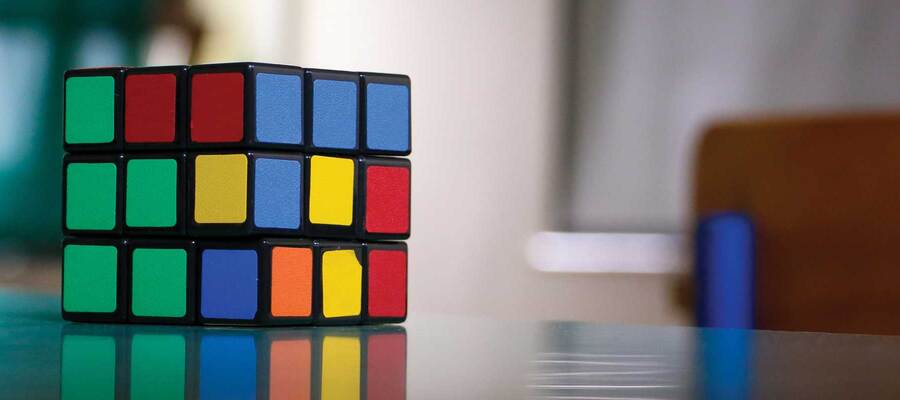
How to distract yourself from anxiety
What do you do when your anxiety feels overwhelming? Some days you can focus on your breathing and challenge your thought processes. But, on other days, you just need a coping mechanism that will get you through the experience.
These are the situations in which distraction can be useful: taking your mind off the current experience can help you in those situations where you do not have the energy to challenge your anxiety and just need to get through the next few hours.
Not all distraction is equal. Used correctly, it can be a powerful tool. However, we need to understand how to properly utilise it to get the maximum benefit.
How engaged are you?
The biggest challenge with distraction is finding something that works. Anxious thoughts do not go away easily. If they did, we would not have a problem with them.
Therefore, the key to a good distraction is something that is robust enough to push its head above all of the noise caused by anxiety and take your focus onto something else.
They key is to find something that really engages your mind. A passive experience, such as watching a film, is unlikely to cut it. You can just ignore the film and keep worrying. A puzzle book, on the other hand, is much more engaging. It causes you to think.
Below, I have outlined different types of distraction, and how effectively they are likely to be.
Distractions, least effective to best effective
| Distraction | Notes |
|---|---|
| Films | Not effective. You can watch a film and worry at the same time. If you spend your whole time worrying, the film will just keep playing regardless. It might as well not be there. |
| Reading | Requires some involvement. However, I find it very difficult to concentrate on tiny words in books when I am in the middle of an attack. Even if I could, there is almost 0% chance of any of it going it, making it feel like a waste of time. |
| Audiobooks | Better than printed word, because there is a chance I might be able to concentrate on them. With it being a book, my mind has to fill in the pictures, so there is some engagement. However, it suffers from the same problem that films do, in that it can just go on without any participation from me. |
| Conversation | Hit and miss. I think one of the problems is that conversation feels very forced when my wife is trying to make something up to calm me down. Perhaps we should brainstorm some interesting political topics before potentially anxiety provoking situations. I also find it frustrating, and I don't want to be annoyed at her when she is trying to be supportive. On the whole, though, conversation is a pretty good one. |
| Housework | This is not one I use that often because high-anxiety situations for me are typically away from home. However, on the occasions when I do find myself anxious, at home, and by myself, housework is a great option. Been thinking about how you really should sort out those old boxes or re-arrange your food cupboard? Turn your anxiety into super-productive time. This is especially true of technical gadgets, some of which can be done on the road too. Nothing gets all my software up-to-date, my computer's desktop clear and those photos securely backed-up like the inability to concentrate on anything else because I am in the middle of an anxiety attack. |
| Games | Ah games, wonderful games. Nothing absorbs me so completely as a game on my tablet computer. It does not have to be anything complicated. In fact, it is probably best if it isn't. A puzzle game is probably the best option. |
Conclusion
The human mind only has so much cognitive capacity: we can only think about so many things at once. To push worry out of our mind, we need to fill that space with something else.
Passive experiences, such as films, are unlikely to achieve this. They do not require our full attention. Puzzle books and video games, on the other hand, require much more brain power, and are therefore more likely to push the troublesome thoughts out.
Metadata
Published 27 March 2017. Written by Chris Worfolk.